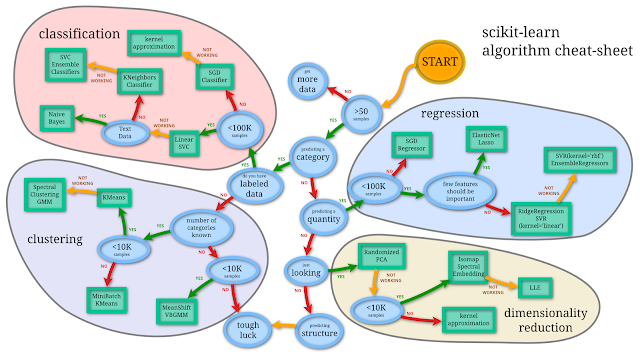A filterbank for low-level vision
At the moment I have the pleasure to be at MSRC, working under the supervision of Carsten Rother and Sebastian Nowozin.
We are tackling some low-level vision tasks (as in their recent CVPR paper) and in this context,
filter banks are very useful.
They might also be useful for object detection, since one Gabor rules them all, and Google uses collections of Gabor filters for his image retrieval.
I used the maximum response bank from the website of Andrew Zissermans Visual Geometry group here.
My Python adaption is available as a github gist.
The Root Filter set looks like this:
The maximum responses are obtained by using the max response for the first 6 rows (the other two remain), giving something like orientation invariant edges and bars.
Applying this method to Lena looks something like this:
It's a bit slow but can easily be accelerated using joblib (see code).
Happy filtering!
We are tackling some low-level vision tasks (as in their recent CVPR paper) and in this context,
filter banks are very useful.
They might also be useful for object detection, since one Gabor rules them all, and Google uses collections of Gabor filters for his image retrieval.
I used the maximum response bank from the website of Andrew Zissermans Visual Geometry group here.
My Python adaption is available as a github gist.
The Root Filter set looks like this:
The maximum responses are obtained by using the max response for the first 6 rows (the other two remain), giving something like orientation invariant edges and bars.
Applying this method to Lena looks something like this:
It's a bit slow but can easily be accelerated using joblib (see code).
Happy filtering!






Comments
Post a Comment